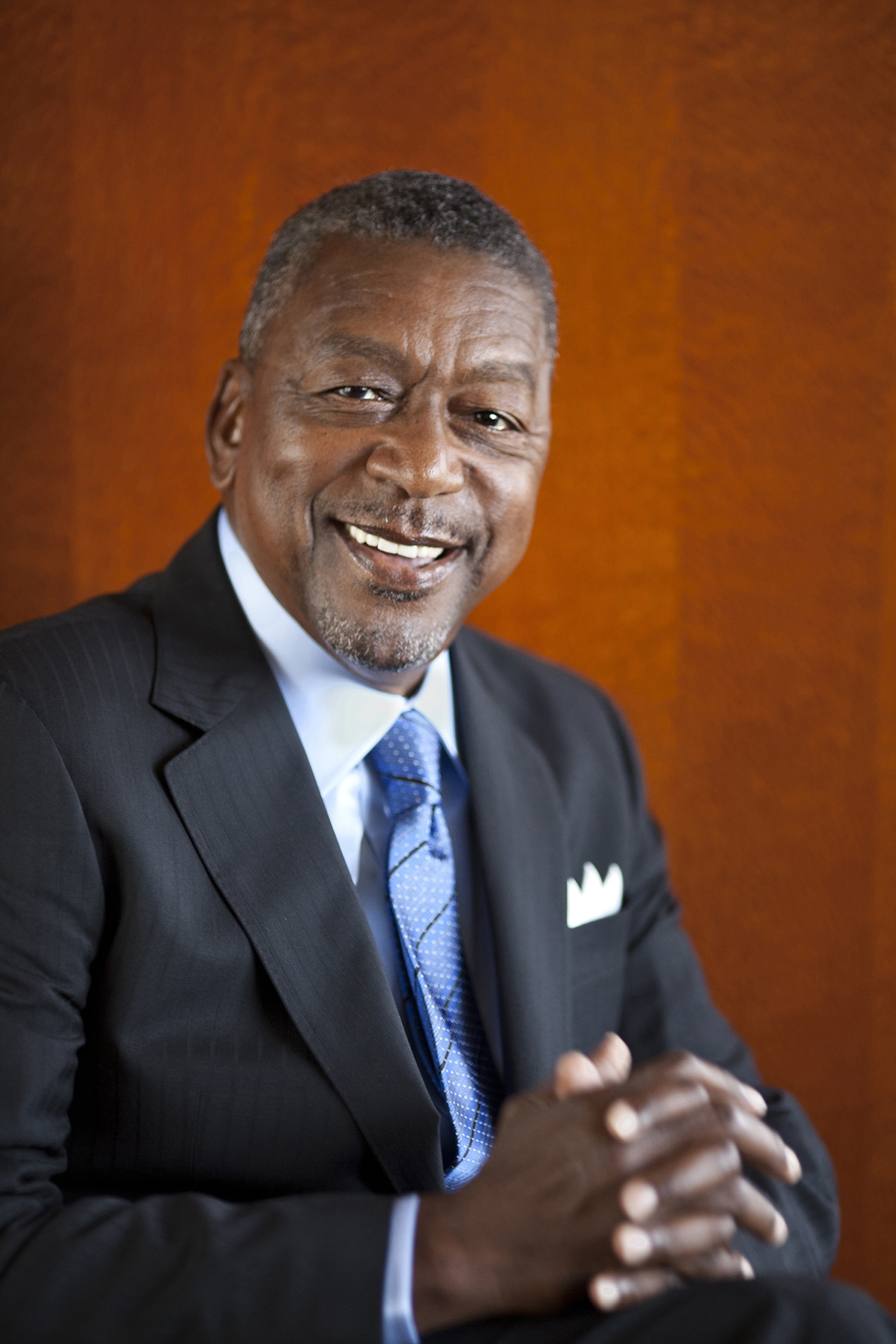Betting Digital Will Reach Urban Audiences
The smarter way to stay on top of the multichannel video marketplace. Sign up below.
You are now subscribed
Your newsletter sign-up was successful

Black Entertainment Television founder Robert L. Johnson will once again seek out African-American and urban audiences with a new subscription video-on-demand service called UMC — Urban Movie Channel. He spoke with Multichannel News programming editor R. Thomas Umstead about the service, which will offer more than 150 titles of programming with plans to add original series, movies and other programming in the near future ($2.99-$4.99 per month), and the evolving television landscape.
MCN: Why did you decide to launch UMC as a subscription digital channel?
Robert Johnson: The media landscape is changing dramatically because of digital technology, the elimination of gatekeepers in terms of delivering content to an audience and the desire of the consumer to have content that appeals to their direct interests on whatever mobile and digital device they have at their command. People are breaking free from having programmers that determine what they see and how much they pay for.
Just as I looked at cable as a way to break free from broadcasting and target niche audiences, I see the new platform of digital [video] as offering the same opportunity in providing targeted programming to an audience who wants to see what they want to see and is ultimately willing to pay for only what they want to see.
MCN: Does you feel that new online platforms give you more opportunities to offer a diversity of programming options than you had when you launched BET?
RJ: There has never been a targeted African- American-oriented channel that has been free from the limitations of what advertisers think they want to advertise in. We can be creative and aggressive in content.
When I was at BET and I wanted to put on a show, the advertisers would often say no, because it’s either too aggressive culturally or sensual for an African-American-targeted show. Then we would sit back and watch everybody else do those same type of shows, but the advertisers took a different tact with black-oriented programming. That’s why I think this is the perfect time to launch this channel.
The smarter way to stay on top of the multichannel video marketplace. Sign up below.
MCN: How can you adequately market and promote UMC to digital African-American audiences?
RJ: This question is the question I was asked 30 years ago with BET, and with a company worth $4 billion dollars later, I figured it out. The answer to that question is that we have to put on programming that people want to see. All of these stories that African-American producers want to tell but have been denied because they didn’t fit the studio model or the advertiser model, are now possible with this subscription- based channel.
MCN: Do you think that cable’s African-Americantargeted channels are adequately serving the audience?
RJ: I’m not going to judge those guys and what they do. I just think the digital model is the way to go, to target audiences so that they can watch what they want to watch and pay for just what they want to watch. The other channels that are tied in as part of the cable cluster forces someone to pay upwards of almost $75 to $100 for programming they never look at. That’s not an economically viable system longterm as the convergence of digital, streaming and big, [smart] television sets comes about. For us this is the right place to be from a technological, economic and programming standpoint. That’s the way we see this opportunity — it’s in the right place at the right time.
MCN: Given your decision to launch over the top, rather than as a cable channel, do you believe cable is on its last legs?
RJ: No, not at all. I think cable will be around for a long time. I do think that it’s the beginning of a growing pressure on the cable industry to figure out a way to reduce the rising costs of programming.
R. Thomas Umstead serves as senior content producer, programming for Multichannel News, Broadcasting + Cable and Next TV. During his more than 30-year career as a print and online journalist, Umstead has written articles on a variety of subjects ranging from TV technology, marketing and sports production to content distribution and development. He has provided expert commentary on television issues and trends for such TV, print, radio and streaming outlets as Fox News, CNBC, the Today show, USA Today, The New York Times and National Public Radio. Umstead has also filmed, produced and edited more than 100 original video interviews, profiles and news reports featuring key cable television executives as well as entertainers and celebrity personalities.

